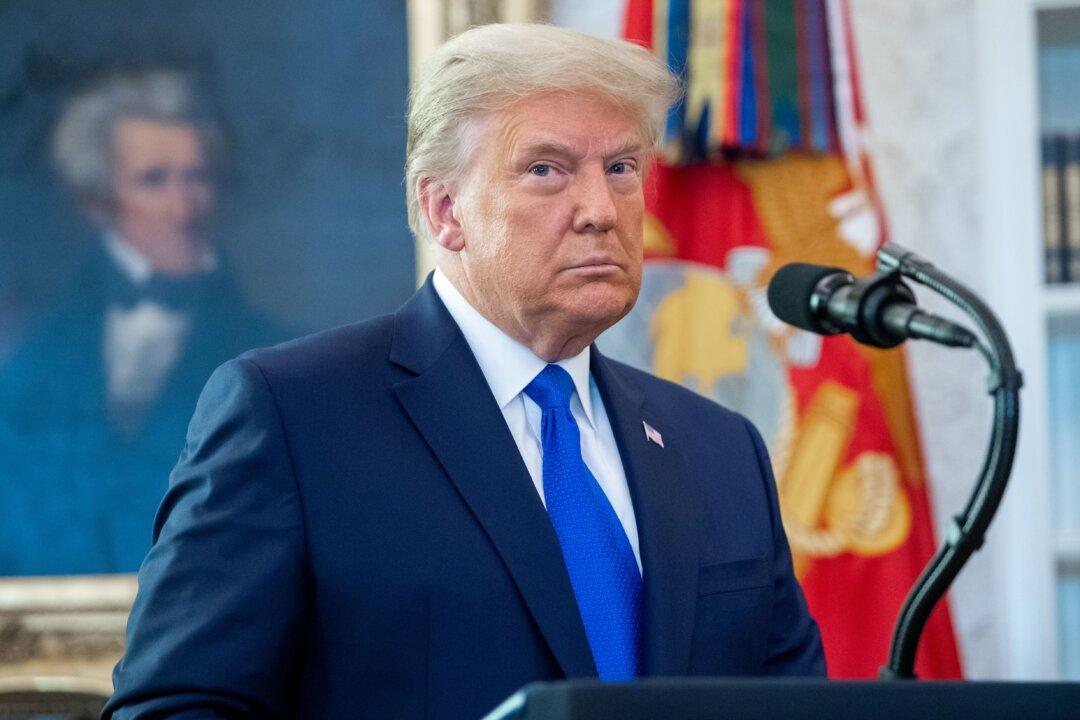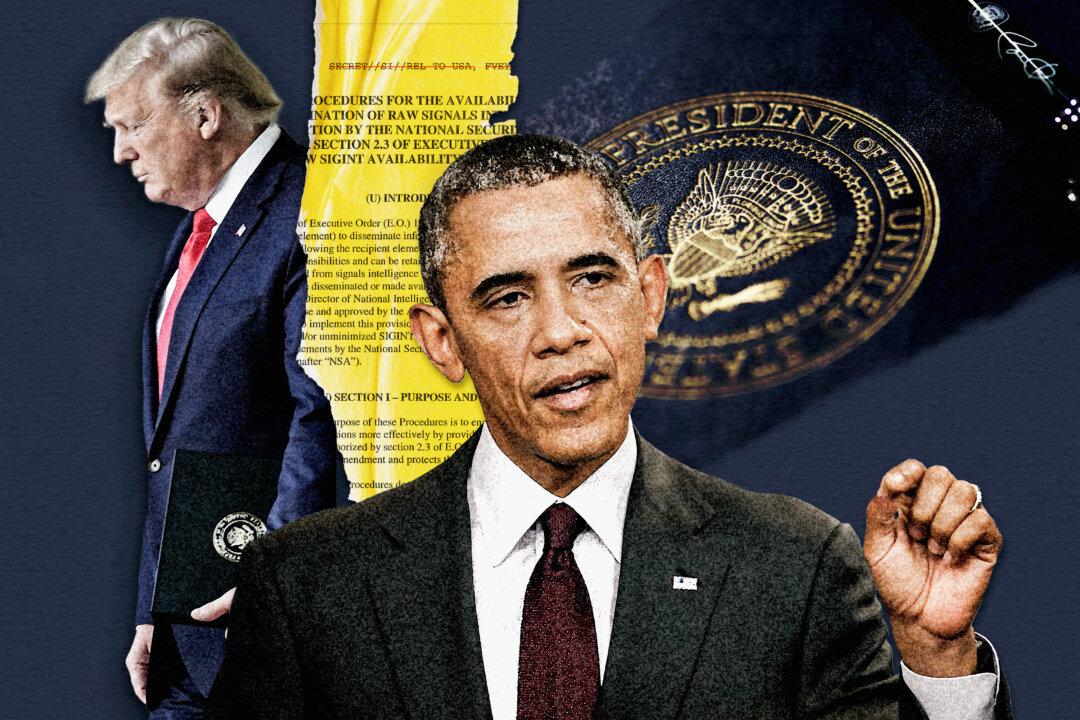2018 proved to be a year of numerous revelations that provided clarity regarding events leading up to—and following—the 2016 presidential election.
It is now clear that elements within the FBI, the CIA, the Department of Justice (DOJ), and the State Department were actively working against the Trump campaign, and that these elements continued to work against President Donald Trump’s administration following his surprise win.





